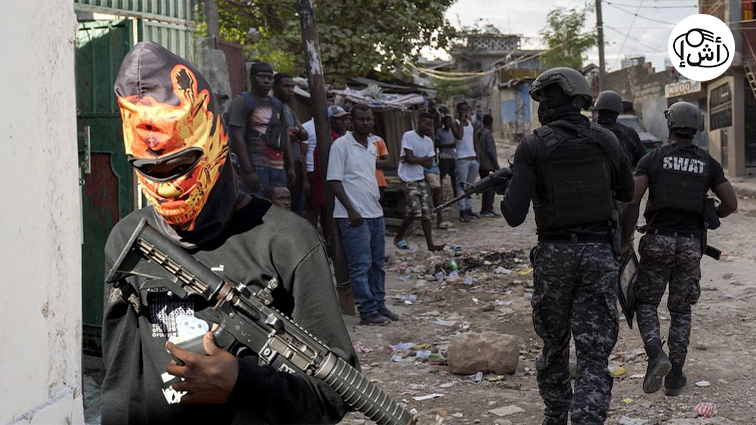The UN Security Council has expressed concern over the deteriorating situation in Haiti, which is witnessing a wave of violence sparked by a gang attack on the country’s main prison that has allowed thousands of dangerous inmates to escape.
Armed gangs controlling large swathes of the country launched a concerted effort to oust Haitian Prime Minister Ariel Henry last week, attacking the airport, prisons, and police stations, causing thousands of dangerous prisoners to escape and threatening a full-scale civil war.
At least 15,000 people have fled parts of the capital, Port-au-Prince, the worst-affected parts of the capital, while UN human rights chief Volker Türk warned the situation was “unbearable” with 1,193 people killed across Haiti this year by gang violence.
Ecuador, a member of the Security Council whose ambassador to the United Nations Jose Javier de la Gaska has invited to a meeting on the crisis in Haiti, said the situation was “dangerous”.
Malta’s ambassador to the UN, Vanessa Frassier, said every member state of the council “shares the same concerns, and the security situation is clearly worrying, (including) the guerrilla warfare that we are witnessing.”
State Department spokesman Matthew Miller said Washington wanted Henry to help prepare for the security support mission and “pave the way for free and fair elections.”
Henry has been in power since the assassination of President Jovenel Moise in 2021 and was due to leave office in February, but instead agreed to a power-sharing deal with the opposition until new elections are held.
Powerful gangster Jimmy Chirizé, nicknamed “BBQ”, has warned that the current chaos will lead to civil war and bloodbath unless the prime minister resigns.
Between violence, political crisis, and years of drought, some 5.5 million Haitians (almost half the population) need humanitarian aid, and after months of delay, the UN Security Council gave the green light in October to a Kenyan-led multinational police mission, but Kenyan courts blocked the force’s deployment.
